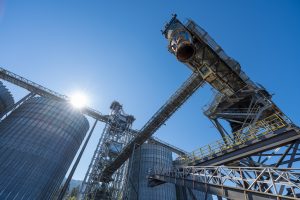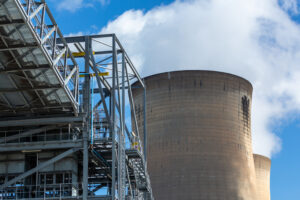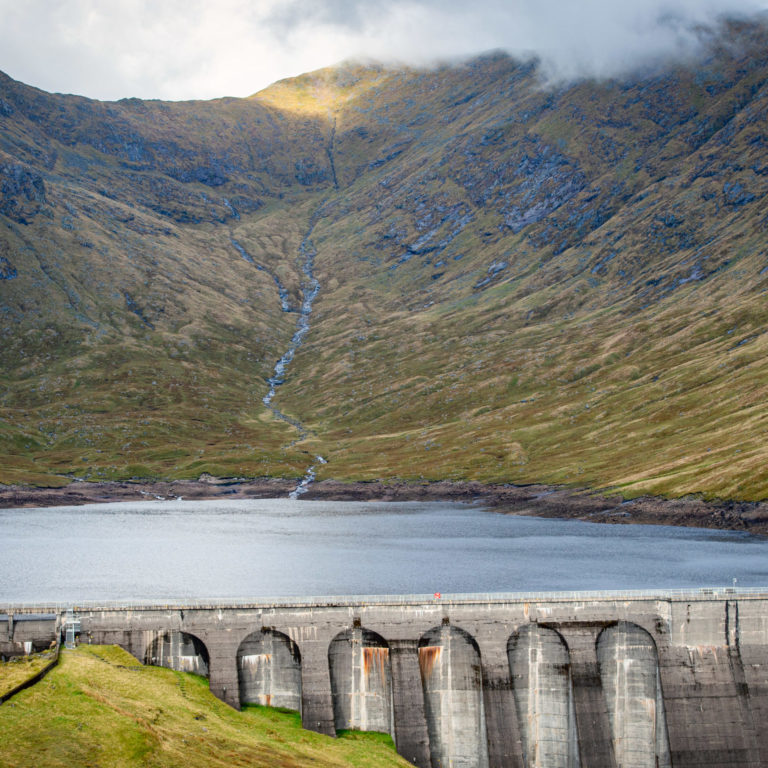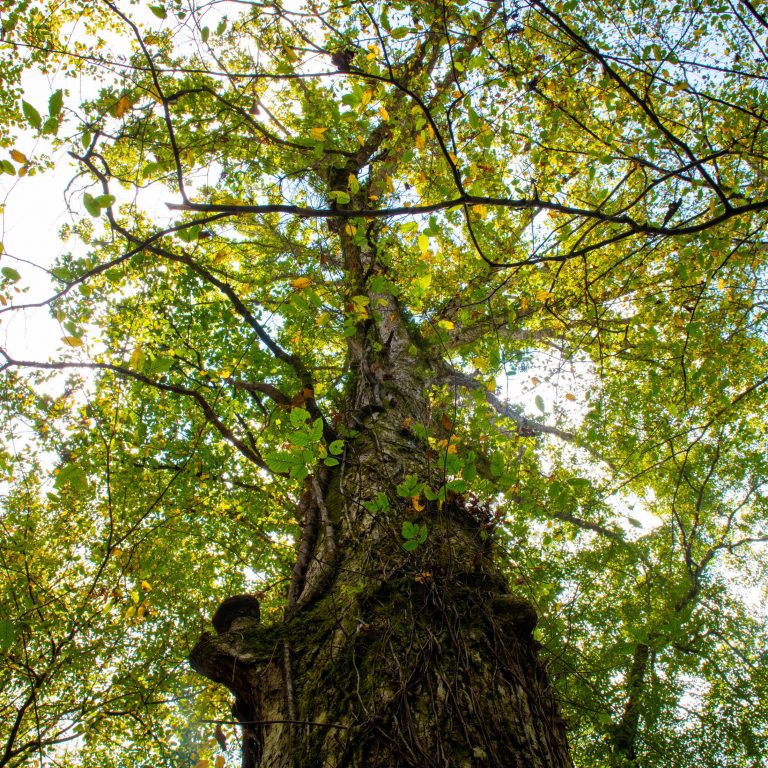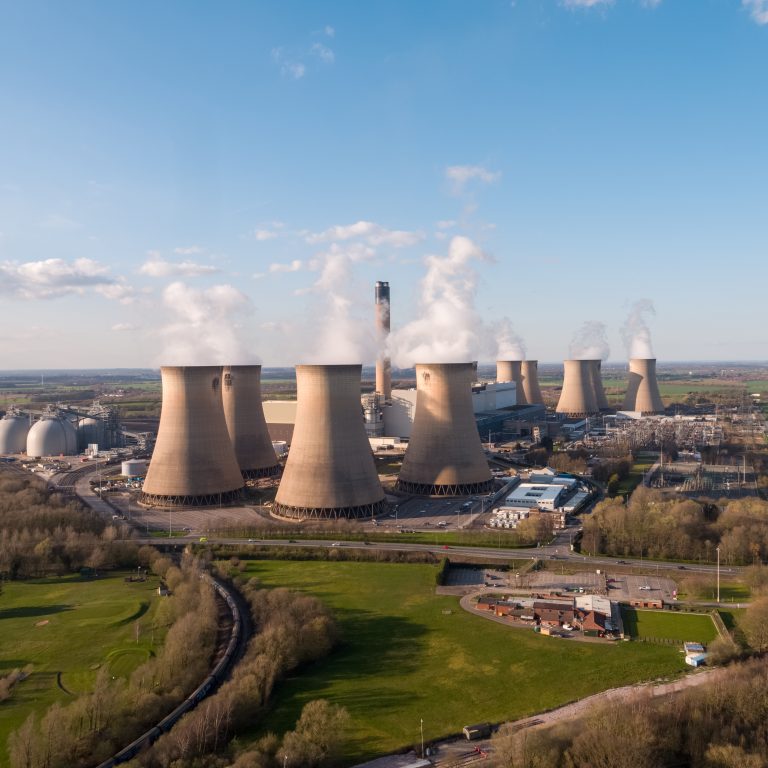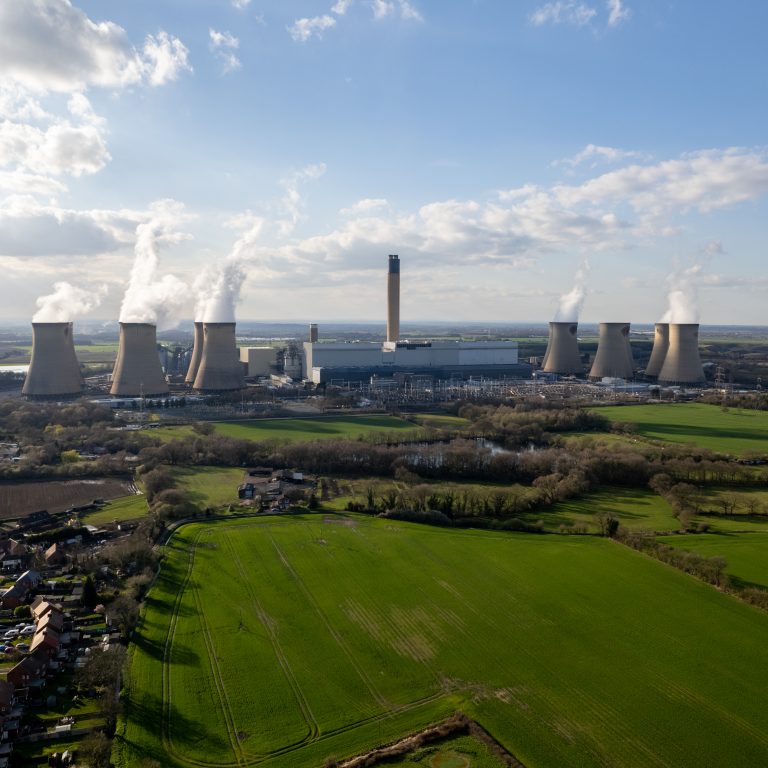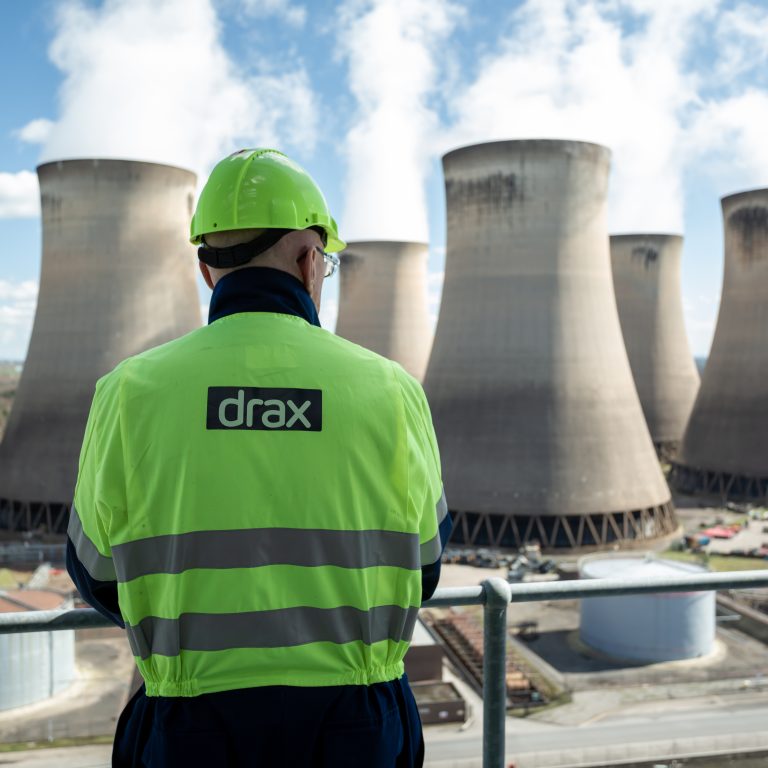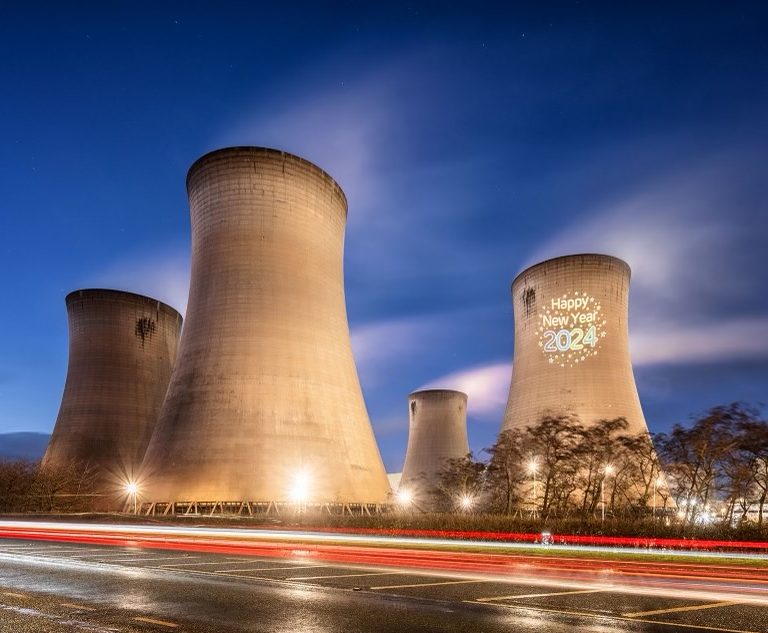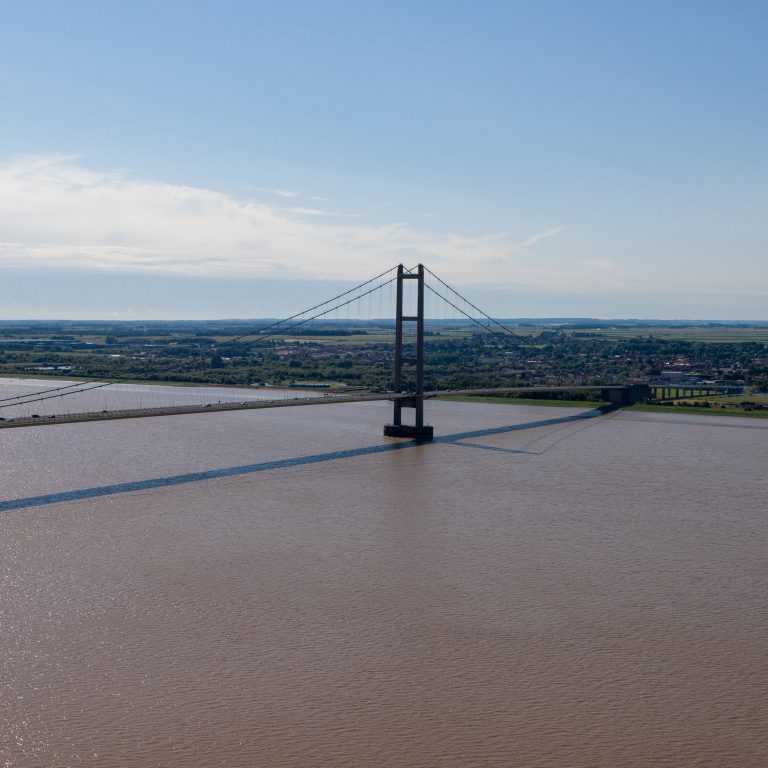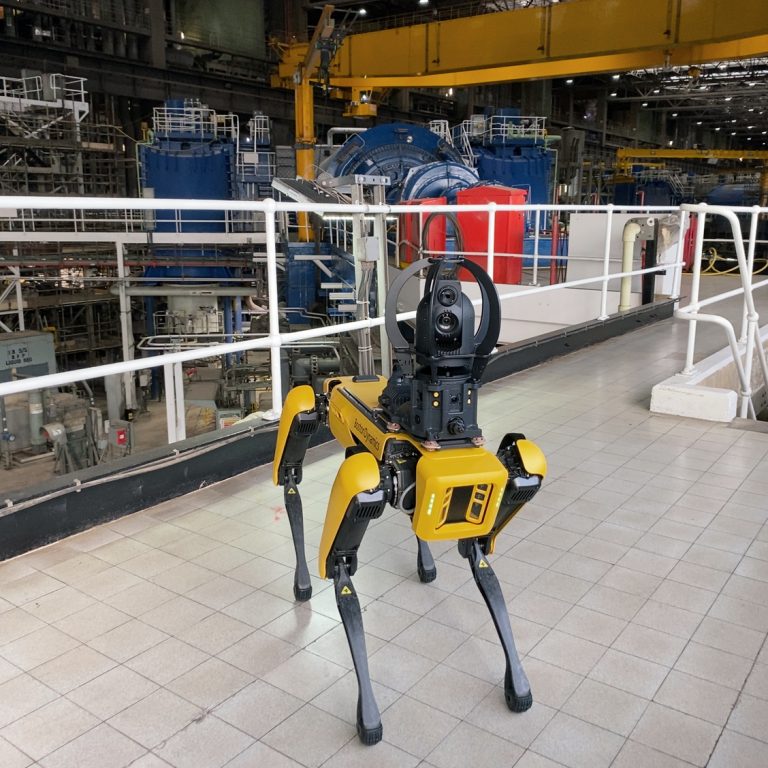The energy system in Great Britain is dramatically changing. Where it was once an industry dominated by coal, a predictable but dirty fuel, now our power increasingly comes from renewables. This is a trend that will continue, forcing more coal off the system.
Drax has a role in this new future of renewable power. We have already converted half of our power station in North Yorkshire to run on renewable biomass, and now, to support the needs of a system increasingly dominated by intermittent renewables like solar and wind, we are developing plans to build four new state-of-the-art flexible power stations – two in England and two in Wales.
Each will be 299 MW in size and powered by gas. Two of them could be producing electricity by 2020. It’s the next step for us in helping change the way energy is generated for a better future.
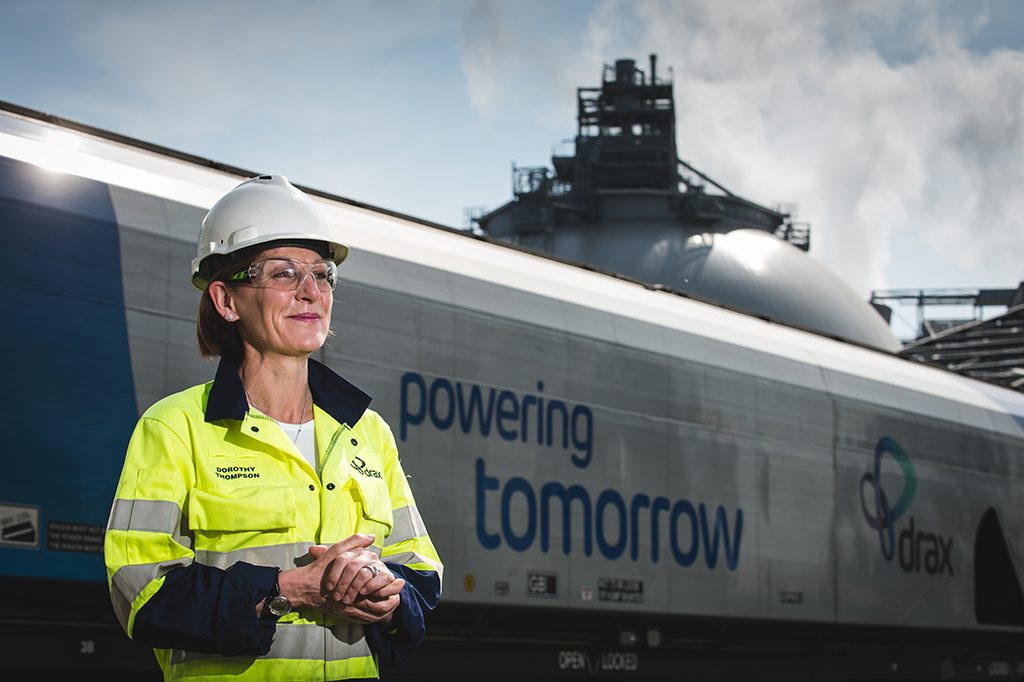
Supporting a renewable energy mix
Wind and solar accounted for 15% of Britain’s electricity mix between July and September from an installed capacity that has increased six fold in just six years. Biomass generation at Drax rose from almost nothing to producing 20% the country’s renewable power in the first half of this year. Renewable energy has come on leaps and bounds this decade – perhaps more than anyone ever thought it would.
But as well as being much lower in carbon emissions, renewables like wind and solar operate very differently to the fuels the GB Grid was built on – they’re intermittent. They only work when the sun is shining and the wind is blowing. So when it suddenly becomes still or dark, we need alternatives that plug the gap, deliver power and boost security of supply.
Biomass is one part of how we can do this using lower carbon fuels. Compressed wood pellets (the biomass used at Drax) is a renewable fuel that can be used to generate baseload power that can also be dialled up and down to meet demand. Like coal, it can also provide the ancillary services the Grid needs to stay stable.
Unlike combined cycle gas turbine (CCGT) power plants, which currently supply roughly 40% of the UK’s power and take 1.5 hours to start up from cold, our new open cycle gas turbine (OCGT) plants are like big jet engines – generating electricity at full power in just 20 minutes from cold or 10 minutes from a warm standby. It’s an incredibly fast turnaround and it’s what the energy network needs.
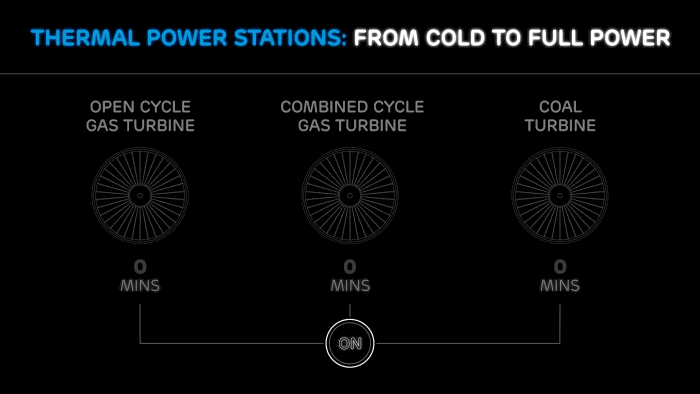
And because it’s a lower carbon fuel than coal with higher flexibility it will support the UK’s decarbonisation targets – by enabling more wind and solar on the Grid. We plan to use OCGTs to plug the gaps that intermittency creates – essentially flicking the switch on and off at very short notice. We anticipate they would run for no more than 1,500 hours per year – only at times when the electricity system is under stress. Through supporting more intermittent renewables we also help to enable more coal off the system.
A better future for customers
This new future will not only mean changes for us, the generators, but for customers, too.
How energy is supplied and used is evolving, and this is something that Drax can support with the growing retail side of our business.
We’re a company with a wealth of expertise in renewable power and we can use this to help deliver electricity to business customers in a way that caters for today’s market. We’re already doing this with Haven Power, but now we’re extending this with the acquisition of Opus Energy. With this new company as part of Drax Group we will be able to grow our existing retail offering, providing more of the UK’s growing businesses and established industrial and corporates not only with electricity, but also with gas. Our retail offering will provide businesses with a route to sell the power they generate but do not need – plus expertise in how they can use energy more efficiently.
R&D
These are the first steps in a new chapter for Drax. There will be more research and development to come. In the future we’ll be looking at how we can extend our American compressed wood pellet supply business, Drax Biomass, and at the potential for power storage systems.
If we want to continue to be a truly modern energy company that delivers on our aim of changing the way energy is generated, supplied and used for a better future, we need to be able to adapt. It’s always been a part of Drax’s history and it will be a part of our future.





